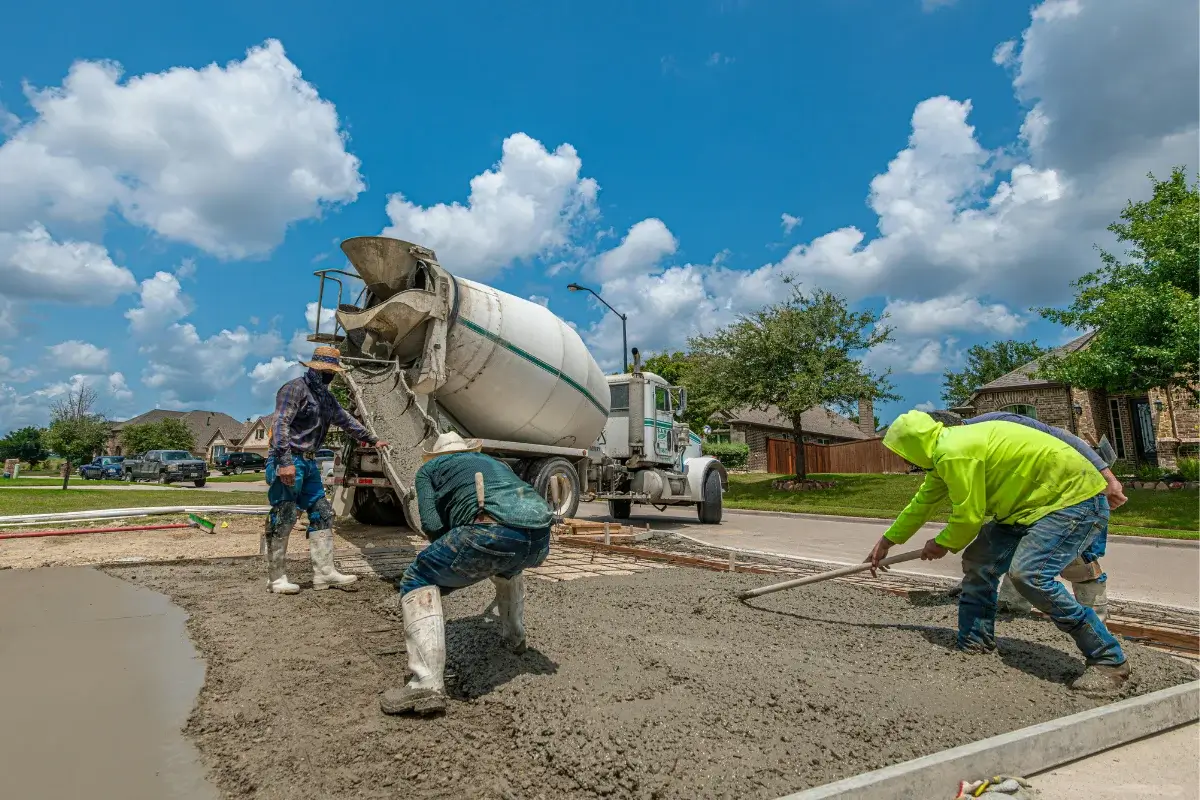Filing a Claim as an Undocumented Worker in California
- First, report the injury to your supervisor immediately—prompt documentation is crucial.
- Request the DWC‑1 form; California law requires your employer to provide it within one working day.
- Seek medical treatment right away, using a provider from your employer’s network or, in an emergency, the nearest facility. Be sure to follow all medical advice, attend every appointment, adhere to restrictions, and keep thorough records.
- Finally, if your claim is denied or delayed, reach out to a California injury attorney experienced with immigrant cases for guidance and representation.
How an Attorney Helps
Even with clear laws on the books, undocumented employees often face employers or insurers who deny, delay, or undervalue claims. An experienced lawyer can step in to gather medical evidence and workplace records, file petitions or appeals when benefits are denied, and represent you during hearings or settlement negotiations. They also protect you from retaliation and outline additional options—such as third‑party lawsuits against equipment manufacturers or subcontractors—to ensure every avenue for compensation is explored.
When you team up with the personal injury attorneys at Grossman Law Offices, you get fierce advocates who understand undocumented workers compensation laws and aren’t afraid to stand up to insurance companies—especially in today’s contentious and uncertain climate.
Need Help With a Claim?
Whether you need guidance on workers comp for illegal immigrants or help navigating complex paperwork, Grossman Law Offices is here. We’ve handled countless claims for workers compensation for non‑citizens across California.
Call us today or use our online form for a free, confidential consultation so you can get the medical care and wage protection you deserve—regardless of immigration status.





